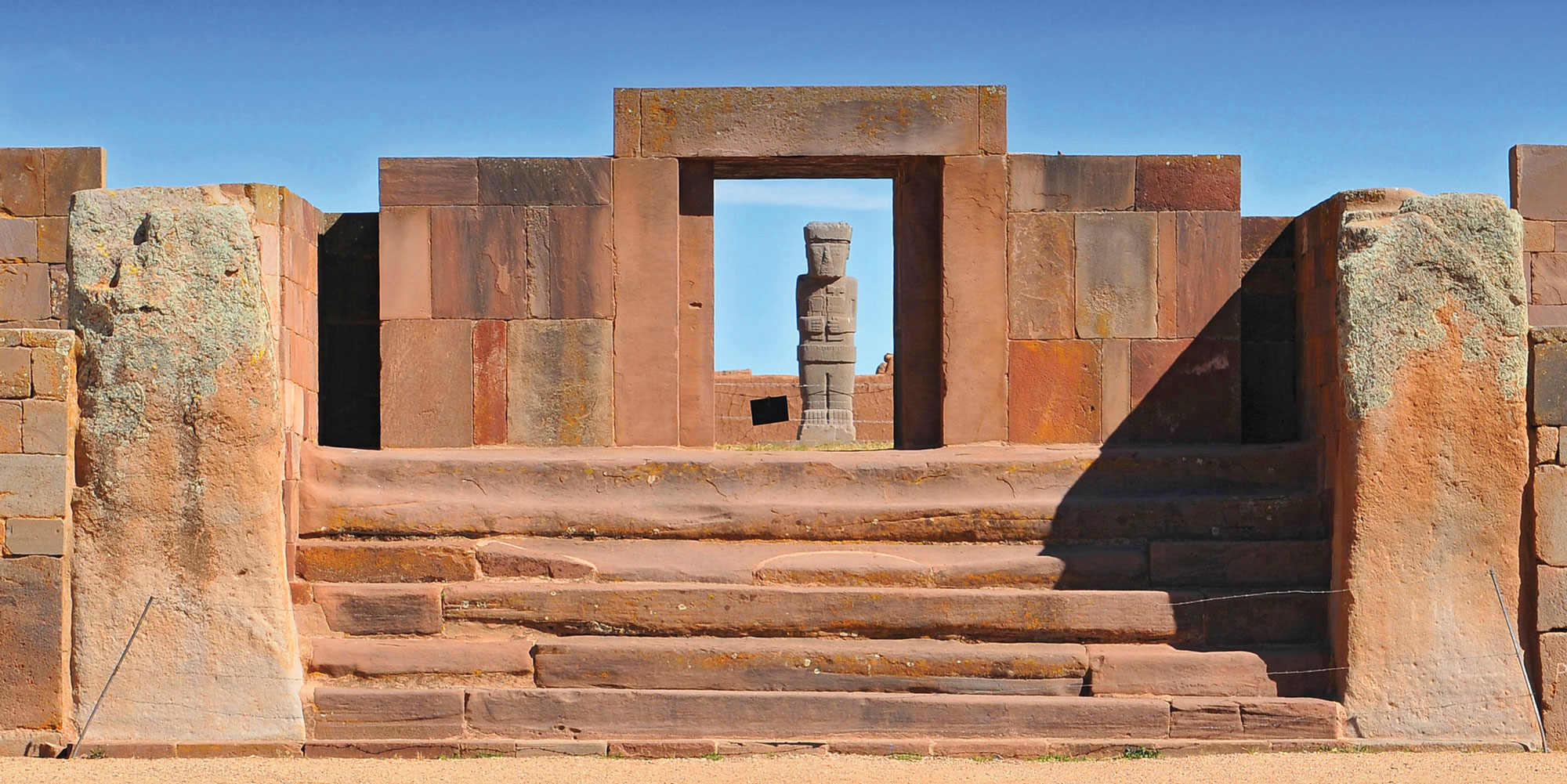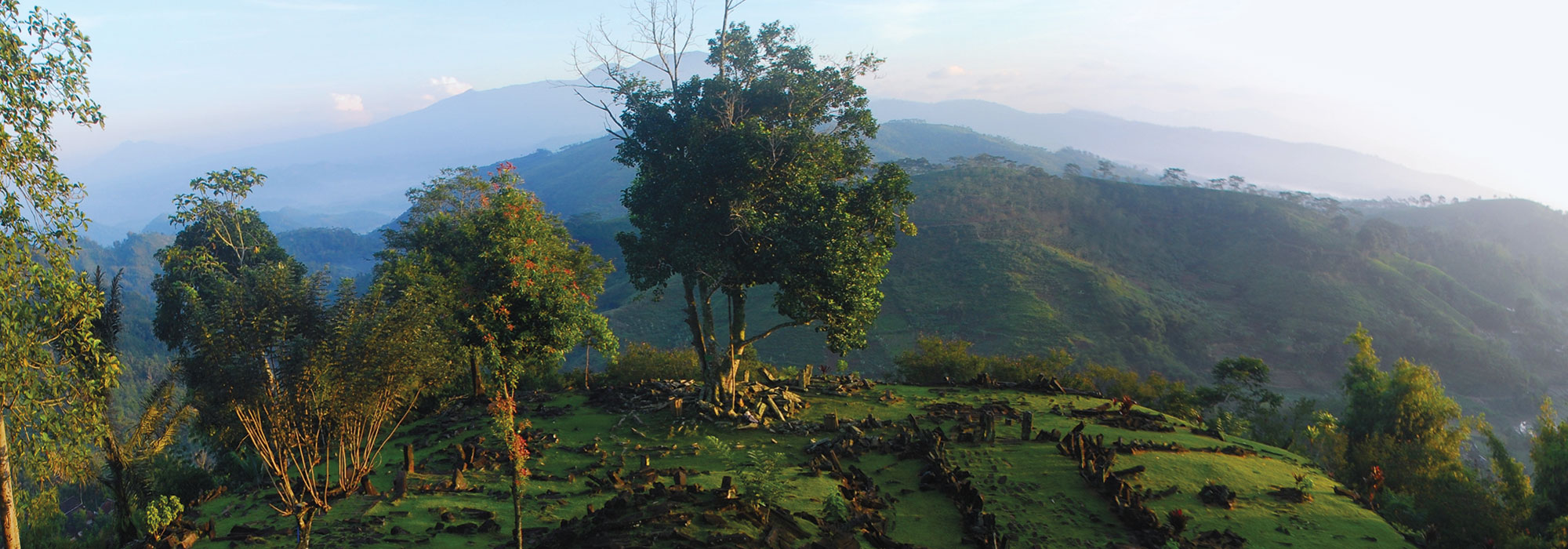TULSA, OKLAHOMA—ABC News Channel 8 reports that archaeologists have concluded their fourth excavation of a section of Tulsa’s Oaklawn Cemetery, where they have been looking for the remains of people killed in the Tulsa Race Massacre. On May 31 and June 1, 1921, homes and businesses owned by Black residents over 35 square blocks of Tulsa’s Greenwood District, also known as “Black Wall Street,” were destroyed by white mobs. Estimates suggest that between 75 to 300 Black residents were killed in the violence. Over the course of the archaeologists’ investigation at Oaklawn Cemetery, at least 17 of the burials have been confirmed as victims of the massacre. “We have documented over 190 graves in section 20,” explained Oklahoma state archaeologist Kary Stackelbeck. “Only five of which had headstones that were visible on the ground surface at the start of the investigation,” she added. Eleven of the graves have been exhumed for further investigation. “Among those individuals, we have three additional gunshot victims,” Stackelbeck said. “Two of those gunshot victims display evidence of ammunition from two different weapons.” The evidence indicates that one of these individuals had also been burned, she concluded. For more, go to "The Tulsa Race Riot."
Search for Remains of Tulsa Race Massacre Victims Continues
News August 20, 2024
Recommended Articles
Off the Grid January/February 2026
Prophetstown, Indiana
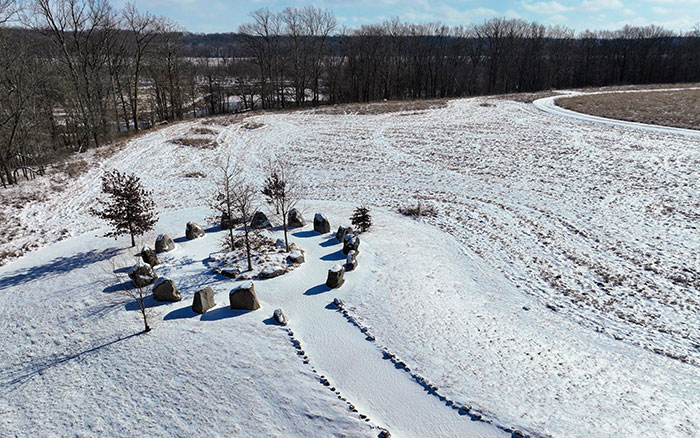
Letter from France January/February 2026
Neolithic Cultural Revolution
How farmers came together to build Europe’s most grandiose funerary monuments some 7,000 years ago
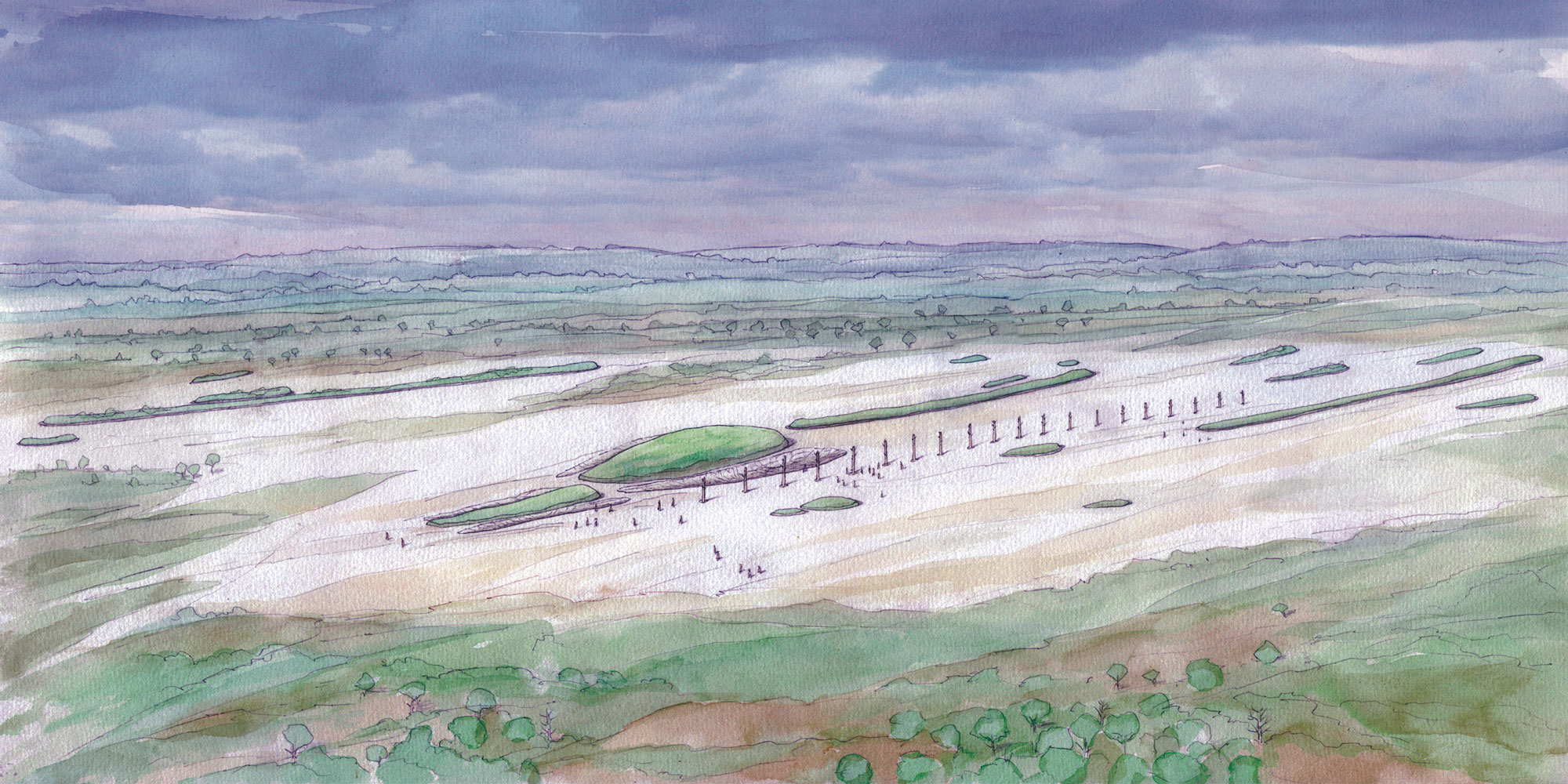
Features January/February 2026
The Cost of Doing Business
Piecing together the Roman empire’s longest known inscription—a peculiarly precise inventory of prices

Features January/February 2026
The Birds of Amarna
An Egyptian princess seeks sanctuary in her private palace
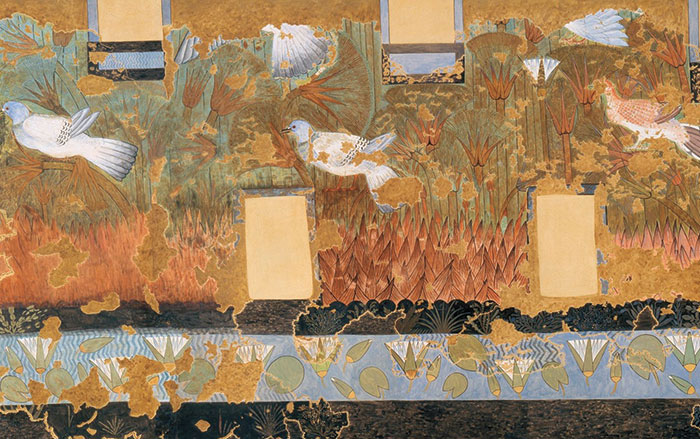
-
Features July/August 2024
The Assyrian Renaissance
Archaeologists return to Nineveh in northern Iraq, one of the ancient world’s grandest imperial capitals
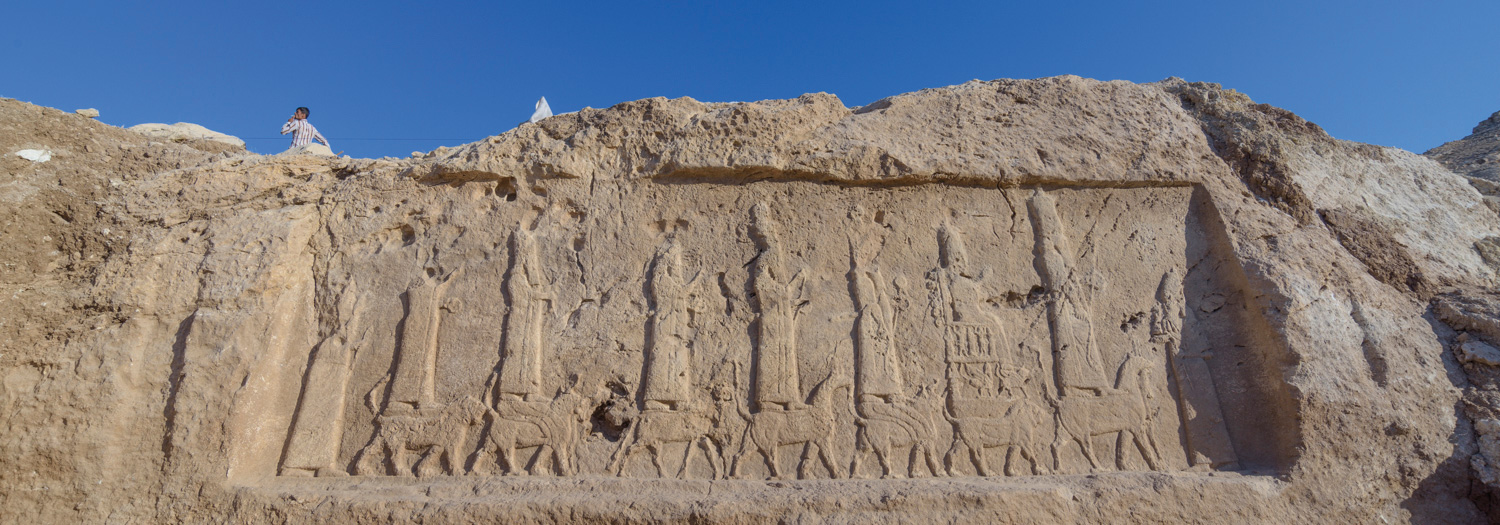 (Land of Nineveh Archaeological Project)
(Land of Nineveh Archaeological Project) -
Features July/August 2024
A Dynasty Born in Fire
How an upstart Maya king forged a new social order amid chaos
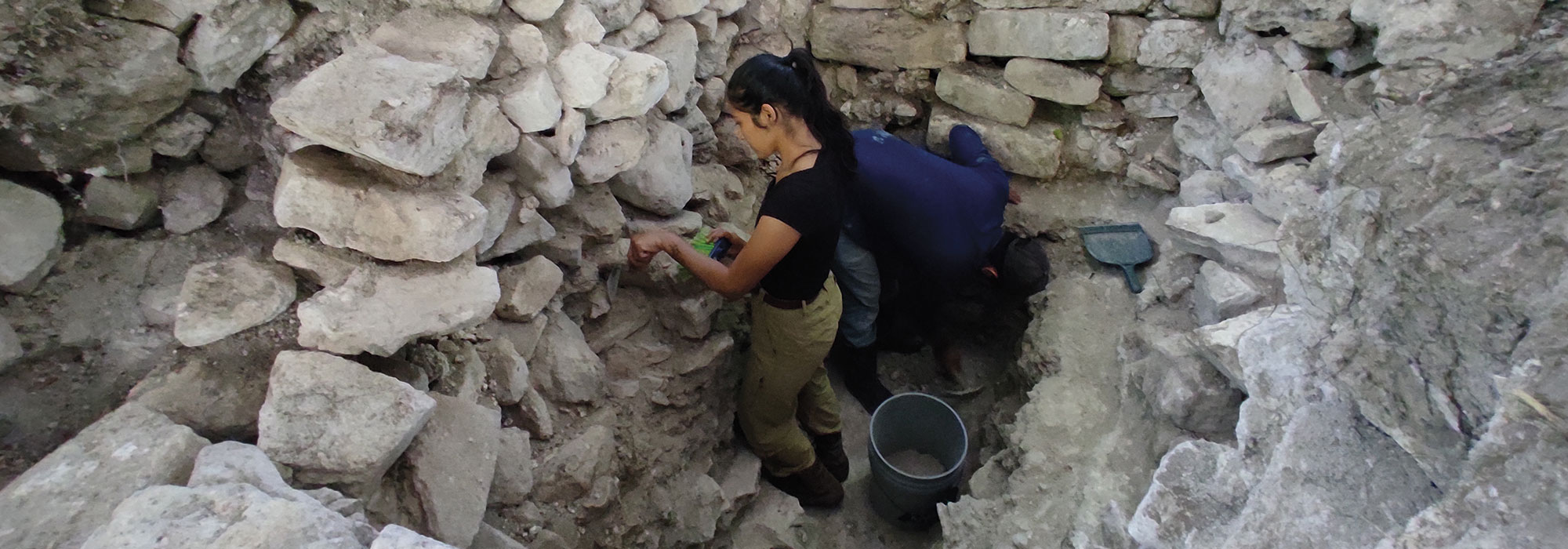 (Courtesy Proyecto Arqueológico Ucanal)
(Courtesy Proyecto Arqueológico Ucanal) -
Features July/August 2024
Making a Roman Emperor
A newly discovered monumental arch in Serbia reveals a family’s rise to power in the late second century a.d.
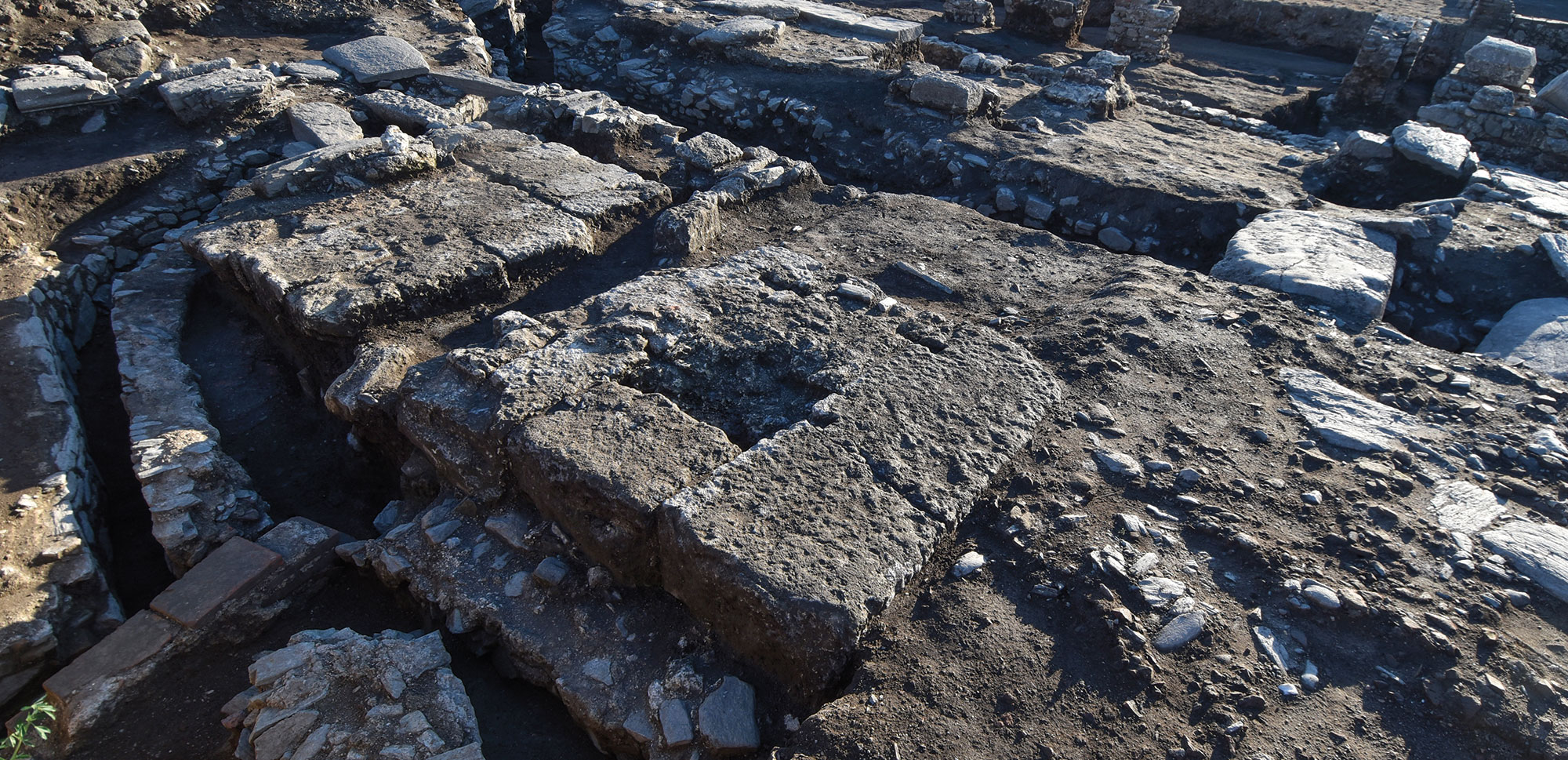 (Serbia’s Institute of Archaeology)
(Serbia’s Institute of Archaeology) -
Features July/August 2024
Rise and Fall of Tiwanaku
New dating techniques are unraveling the mystery of a sacred Andean city
